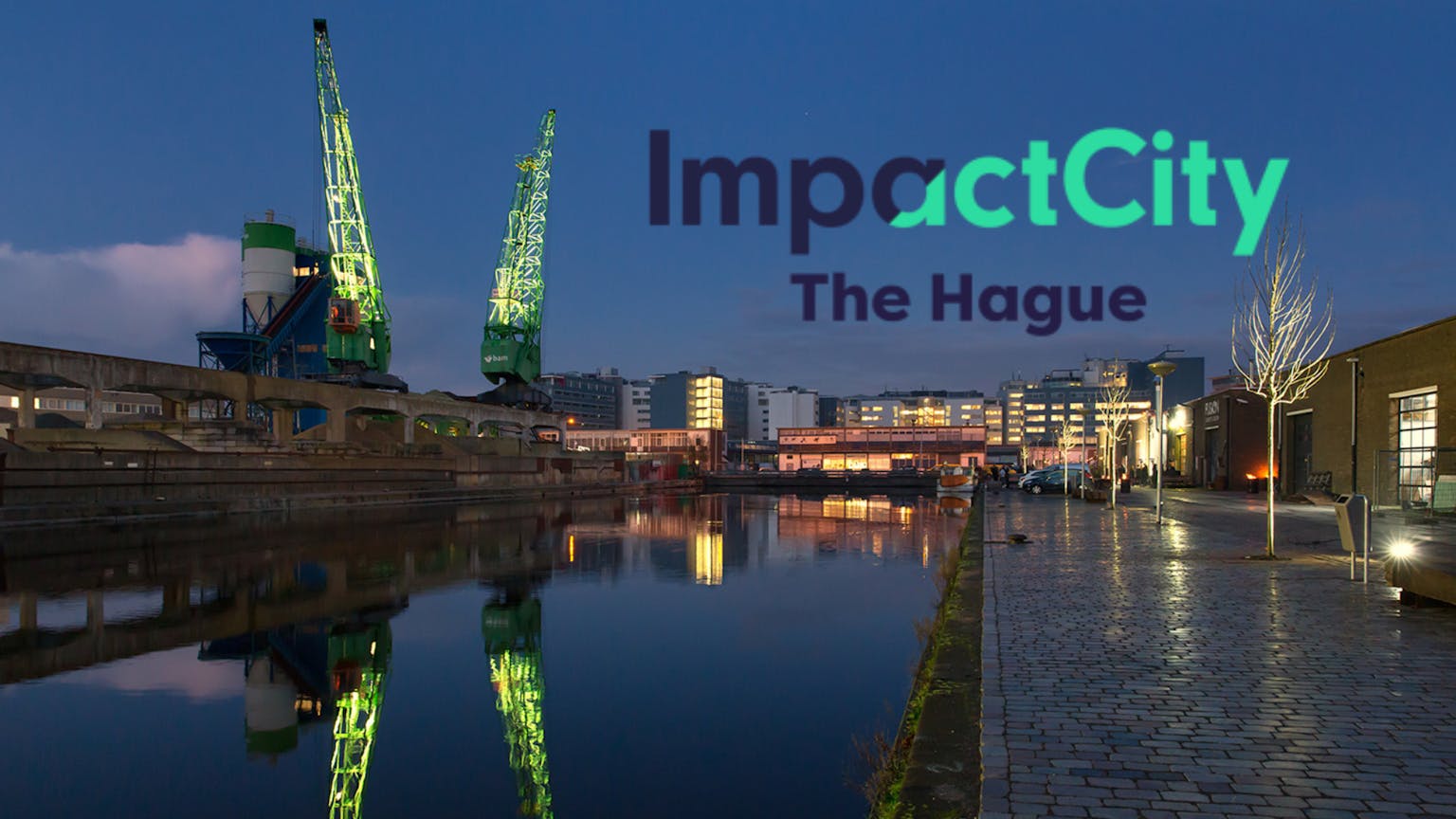Ecosystem Spotlight: 5 Questions to… ImpactCity

What is unique about your ecosystem that you’d like to share with an international audience?
In The Hague, an international city of peace and justice, people have been working to make the world a better place for more than 100 years. Ever since the first International Peace Conference was held in The Hague in 1899, our city has been a global beacon for peace and justice. Over 200 international organizations, along with countless research institutes and knowledge hubs are based here. Every day, people in The Hague work towards creating a peaceful, just and secure world. ImpactCity was created 7 years ago created from this DNA, and we continue to build upon this strong foundation of collaboration.
We build an ecosystem for entrepreneurs and market leaders that combines doing business with doing good. ImpactCity aims to be a leading European impact ecosystem where entrepreneurs work on innovations to create a better world, enhanced by the investor partners that are engaged with it. Here they will find strong support and an ideal network to help them achieve their goals. ImpactCity supports them as the frontrunners in the transition to a new economy based on the core values of sustainability and equality. Because the impact economy – in which society and profit go hand in hand – is the only way forward and a cause that the city of The Hague is dedicated to.
How do you use data to grow and support your tech and investment ecosystem?
We believe it is important to measure the development of your impact ecosystem. As a result, the city of the Hague, ImpactCity, founded the Impact database three years ago with Dealroom. ImpactCity aims to bring together people who are committed to achieving the Sustainable Development Goals, as we believe innovation and technology are essential to reach these goals. Whether you work in the fields of new energy, water, food or humanitarian innovation, we need to push innovations which are the essential building blocks for a sustainable economy. Together we can tackle the challenges the world is facing.
Having impact data in front of us makes it easy to measure our progress toward the SDGs, and it shows us where we need to channel our efforts, and where there are opportunities to grow. We are eager to share the findings from our annual State of Impact Startups and VC report which will be published with Dealroom at ImpactFest.
How do you foster collaboration within your ecosystem as well as externally / internationally?
We are active in the European Social Economy initiative of the European Commission. We share best practices and lessons learned on how to build an impact ecosystem with other European Cities and Regions. We have received a special recognition of the European Commission for our work. We also organized the first European Impact Competition with five other leading Impact Ecosystems. This year we also hosted the largest global impact investors event, the GIIN Investor Forum. In 2016, ImpactCity created ImpactFest to bring together the ecosystem of purpose-driven organizations from all corners of the world. In the past years, ImpactFest has become the biggest impact meetup in Europe and is seen as an international ‘must-attend’ event in the world of Impact.
Can you provide an example of local initiatives to support your startup community which you feel were successful, and why?
A very important step for ImpactCity was the move to set up our own impact startup hub Apollo14. There was not enough affordable office space available in the city for impact startups. For the ecosystem to meet like minded people in the same location was very important. This hub has been successful and we have set up new hubs to accommodate all the impact companies that are working on innovations for a better world. Next year we will have more than 10 innovation hubs in ImpactCity, the Hague.
What is the biggest challenge(s) which you hope to solve in the next 5 years?
We have been successful in building a good breeding ground for impact startups and the infrastructure is now in place to help them. The challenge is now to also work with more traditional SMEs and corporates and convince the frontrunners to join the ImpactCity ecosystem. This sometimes requires them to change their core business model in order to have a positive impact on society and the environment. For ImpactCity itself we are setting up more partnerships to involve key players in the transition to the impact economy. In five years those players and the impact entrepreneurs have to be more in the forefront of the ImpactCity ecosystem.
Gain more insights on world-leading and emerging startup ecosystems
Subscribe to our Ecosystem Update newsletter. Stay ahead of the curve with key insights, trends and best-practices from around the globe. Every two weeks.